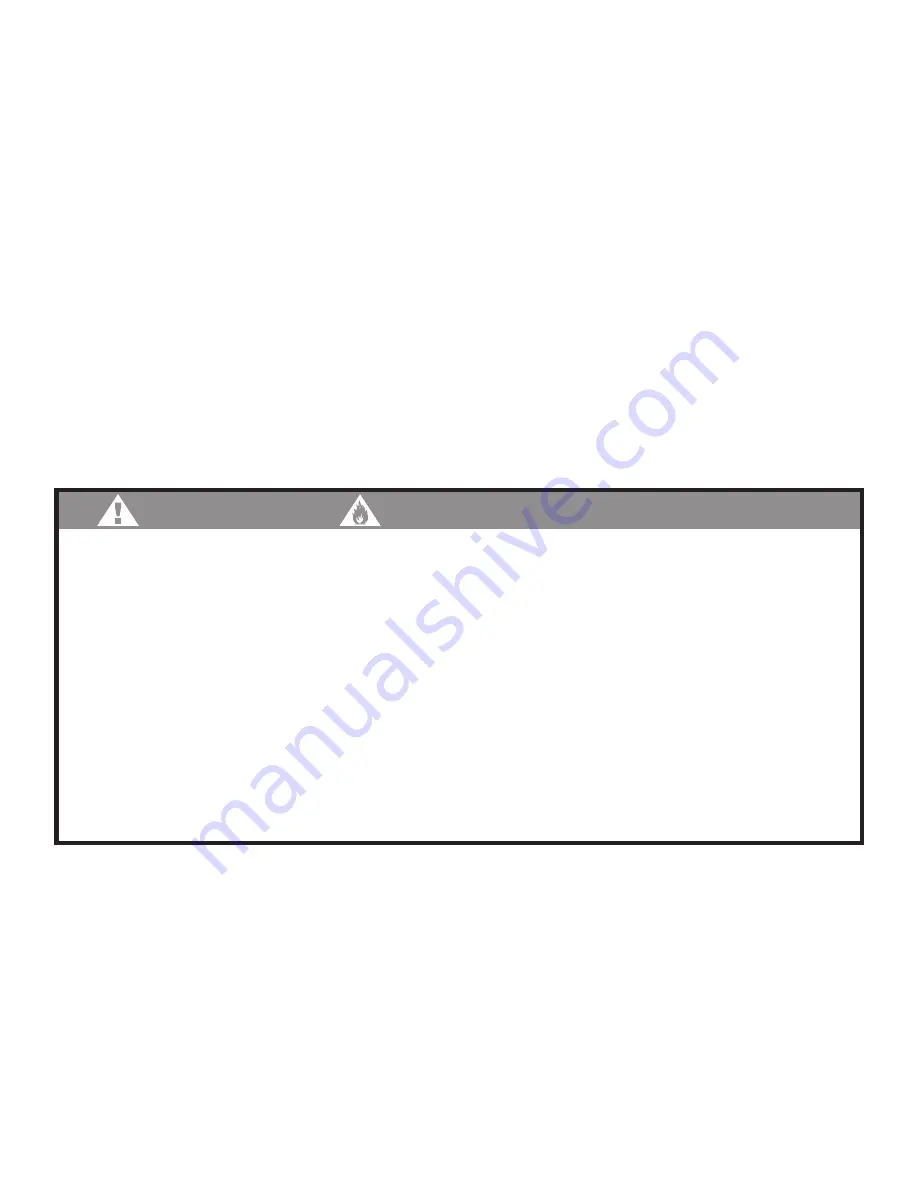
COOKING HINTS
• Even Heating – Cast iron does not conduct heat well or heat as evenly as other materials like aluminum or
copper. Therefore, cast iron should be heated differently (more gradually) than these other materials.
• Heat capacity – Cast iron may not conduct heat well, but its heat capacity and density help it store heat better
than other materials. This means that cast iron is slow to heat up, but stays hot longer. This is the “even cooking”
that most people refer to regarding cast iron.
• You can cook with cast iron using diverse methods: campfire, cooktop (induction, electric, or gas), oven, or an
outdoor gas cooker. This all depends on the style of cooking, and the shape and size of the cast iron.
• Do not place cast iron on an undersized element or burner.
• Pre-heat a piece of cast iron slowly, over medium heat – not high. After pre-heating, the temperature may need
to be turned down to prevent burning.
• Cast iron can cook at lower temperatures. Cooking at lower heat can help prevent food from sticking or burning
to your piece. Cast iron will retain its heat and is less likely to produce temperature spikes.
• Cast iron will heat more evenly in an oven.
• Cast iron is excellent for searing meat.
• Always use a thermometer when cooking with oil or grease.
• Always have a BC or ABC type fire extinguisher readily accessible when frying.
• You may want to avoid simmering acidic foods in your well-seasoned cast iron for long periods of time. The acid
in the food can damage the seasoning.
• Never put cast iron cookware in a dishwasher! The high heat, moisture, and detergent will
remove the seasoning and cause rust.
• Do not expose cast iron cookware to excessive heat above cooking and seasoning
temperatures! Refrain from placing cast iron cookware in a self-cleaning oven cycle, a gas
grill turned on HIGH, buried in the hottest coals of a campfire, or other high heat sources
for an extended period of time. This can cause the unit to turn a reddish color (not rust)
and will most certainly warp.
• Never place cast iron on an cooktop element that is already hot! This can cause the unit to
crack or warp.
• Failure to pre-heat cast iron gradually can cause cracks to form in the cookware.
• Cast iron will be hot during and after use; always use insulated mitts or gloves for
protection from hot surfaces or splatter from cooking liquids.
• If cast iron cookware or cooking oil ever begins to smoke, immediately remove it from the
heat source. Overheating like this can burn off seasoning, cause smoke or fire damage.
WARNING
WARRANTY
Bayou Classic Cast Iron Cookware is warranted to the purchaser by Barbour International, Inc. to be free from
defects in material and workmanship at the time of purchase. The warranty extends one year from the date of
purchase. Small cosmetic blemishes inherent to sand casting and hand finishing which do not affect the performance
of the cookware are not covered. This limited warranty covers normal household and outdoor cooking use; but does
not cover damage from abuse, misuse, neglect, overheating, or use in a commercial setting. Also not covered is rust
caused by failure to follow the instructions provided with the product. Proof of purchase from an authorized dealer is
required; therefore retain your sales slip or invoice showing purchase date. Defective cookware will be repaired or
replaced at Barbour’s option, free of charge, and replaced with the same or similar product if the original unit is no
longer in production.
®


